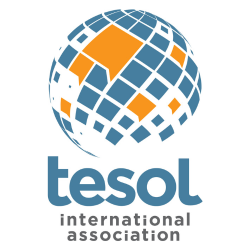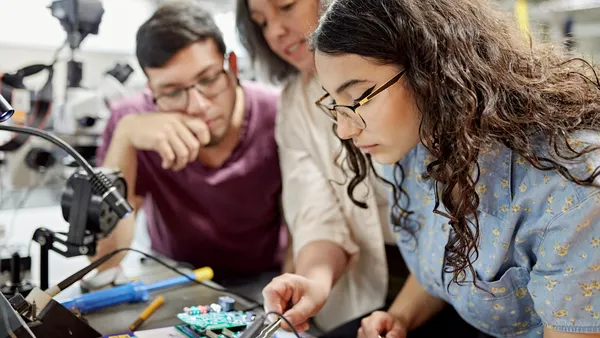Dive Brief:
- When Chicago's Wildwood IB World Magnet School couldn't afford a technology coordinator, tech teacher, librarian or media specialist, Principal Mary Beth Cunat got creative and looked to classroom teachers and fellow school leadership to assist with infrastructure and tech support around device-based learning.
- Cunat writes for eSchool News that the K-8 school doesn't receive Title I or much state funding because its local poverty rate is in the 20% range, all district funding goes toward salaries and benefits, and despite writing grants for further compensation, the teacher leaders involved typically perform the additional duties on their own time alongside their standard full-time duties.
- Still, the approach has empowered the teacher leaders to innovate from the ground up, with one art teacher reportedly having been ahead of the curve on makerspaces and mini-robotics, while the IB coordinator frequently calls into play previous experience as a tech coordinator to further facilitate new initiatives.
Dive Insight:
While Cunat's approach to filling tech leadership roles was born more of necessity than pure desire for experimentation, it's one that falls in line with an increasing trend that sees those in the classroom given more agency in tech decisions.
As one panel at this year's SXSWedu conference discussed, teachers are quite possibly the greatest untapped "innovation engines" in K-12. One superintendent in Minnesota discovered in recent years that giving teachers more autonomy to experiment when they have new ideas can result in innovative new approaches to things like personalized learning — which has generally proven difficult to scale in traditional public schools.
Per her eSchool News piece, Cunat has also found value in giving teachers a sense of ownership over instructional tech and one-on-one professional development sessions. Greater personalized PD experiences, focused on individual needs, are a crucial step toward increasing autonomy. With the Every Student Succeeds Act set to send more decision-making power back to the state and local level, efforts like this will prove beneficial in boosting creativity and innovation in pedagogical approaches.











